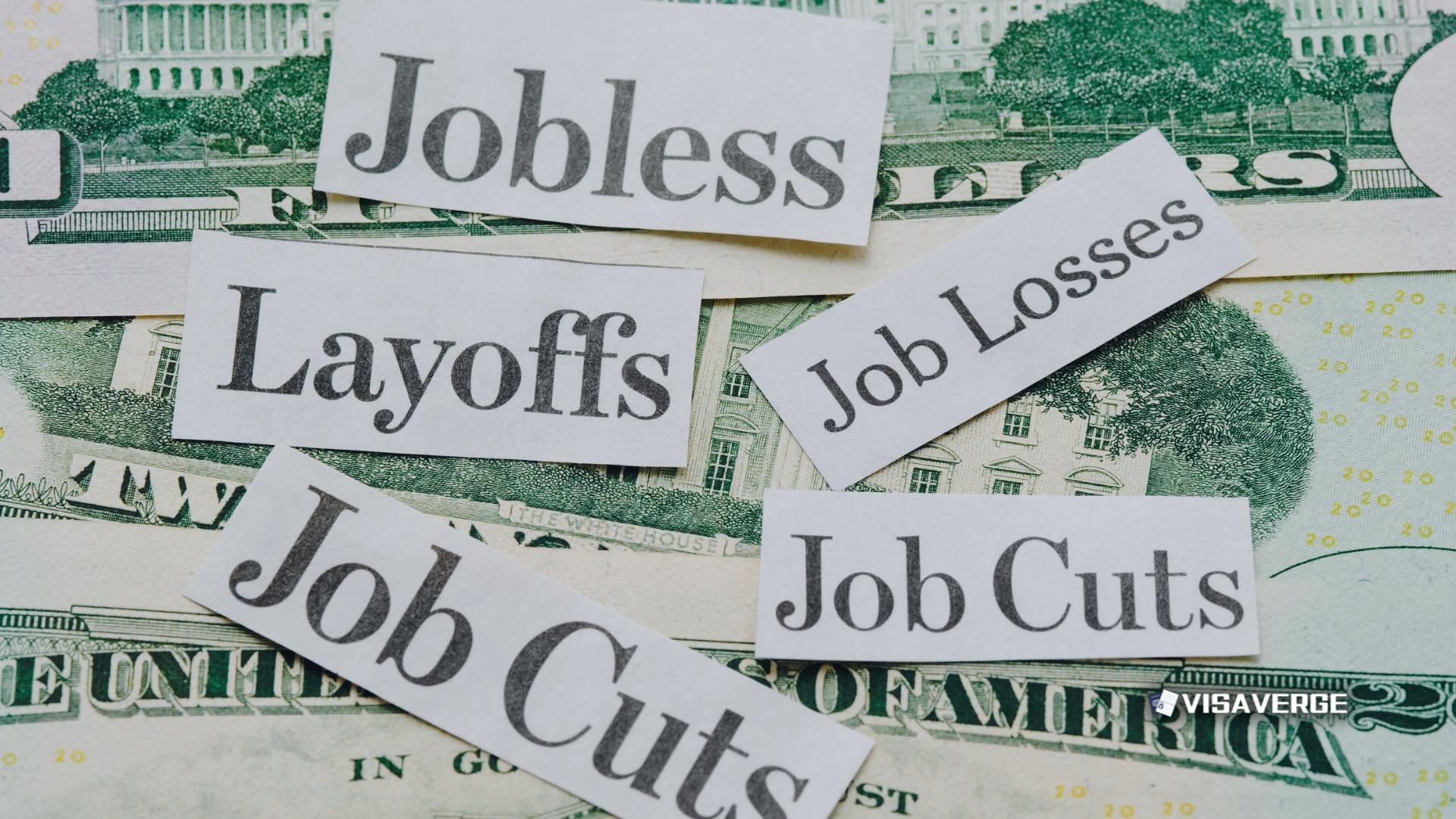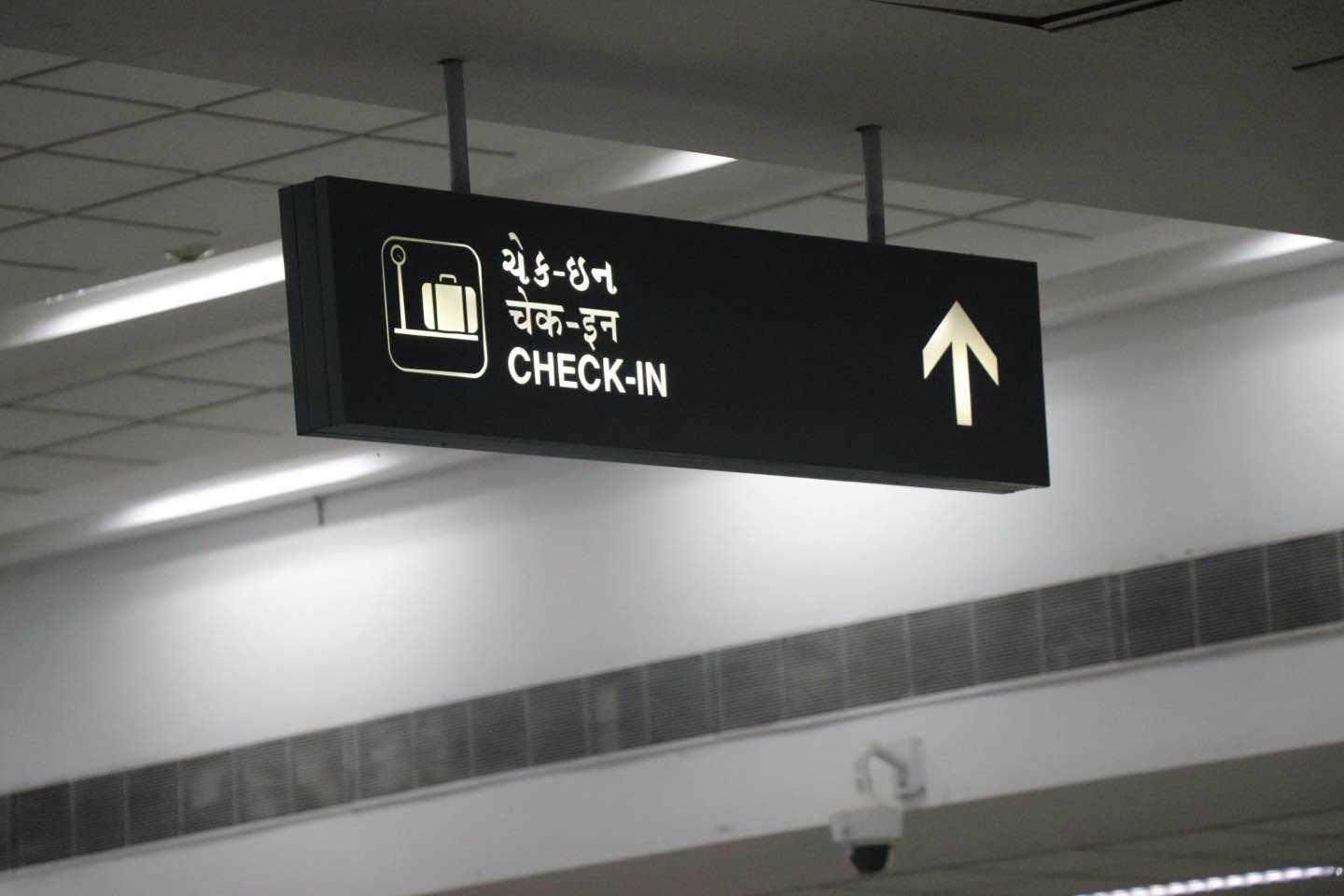(COLORADO) Republican support among Latino voters in Colorado has slipped through late 2025, as polls show growing frustration with immigration enforcement, the high cost of living, and recent fights in Washington that spilled into a shutdown. Community leaders and new survey data point to a widening gap between GOP messages and the day-to-day realities facing families.
Many Latino voters in Colorado say they feel squeezed by inflation while also fearing arrests and deportations in their neighborhoods.

Why immigration matters personally
The backlash is anchored in personal stakes. Nearly half of Latino registered voters in the state report someone in their immediate family who may be undocumented or at risk of deportation, making immigration less an abstract policy and more a matter that touches kitchens, schools, and workplaces.
- Many oppose harsh enforcement and support a path to citizenship for law‑abiding undocumented people, especially those brought to the United States as children or who have lived here for years.
- Several say federal priorities appear skewed toward punitive actions rather than solutions that bring stability.
- For official information on deportation procedures, the U.S. government provides resources through U.S. Immigration and Customs Enforcement, available at ICE’s removal operations page.
“Focus on politics over people,” said Alex Sánchez, President and CEO of Voces Unidas de las Montañas, summarizing widespread exhaustion with gridlock in Washington and crackdowns that unsettle mixed‑status families.
Economic pressures: inflation and affordability
Economic pressures are equally persistent. Inflation and the rising cost of living remain the top policy concerns for Latino voters for the fifth consecutive year.
- Wages still feel too low.
- Healthcare costs remain high.
- Housing is unaffordable for many families.
Voters point to the combination of rent spikes, grocery bills, and medical expenses as a steady strain. They fault Republican leaders for spending time on political fights instead of concrete plans to lower costs. Some also see cuts to Medicaid and food assistance as signs that basic needs are being sidelined.
How this translates into politics and polling
The political costs are visible in surveys:
- 66% of Latino voters disapprove of the way Republicans lead Congress.
- 61% say they hold GOP lawmakers responsible for the recent federal government shutdown.
- If the 2026 midterm elections were held today, 55% of Latino voters in Colorado would back the Democratic candidate for the U.S. House, compared to 21% for the Republican.
- Among Latinos who voted for President Trump in 2024, about 20% now say they would not vote for him again, citing anger over immigration enforcement and economic policies.
These figures suggest a deep shift rather than a passing mood, posing challenges for Republicans seeking to rebuild trust before ballots go out.
Life on the ground: fear and financial stress
Community organizers describe a cycle of fear and financial stress:
- Parents delay needed healthcare because of cost or eligibility worries.
- Teenagers pick up extra hours to help with rent.
- Workers request flexible schedules to attend immigration appointments or court dates while facing rising expenses.
- When economy tightens and enforcement headlines flare, families retreat from public spaces, skip errands, and rely on one another quietly.
Promises without action risk backfiring, especially when they coincide with budget cuts.
The national debate vs. local realities
Republicans who emphasize tougher border measures often argue a firm stance will restore order and reduce service costs. But in Colorado, many Latino voters connect those measures with chaos in their own lives—arrests, deportations, and separations.
Voters say they want practical steps:
- Legal paths for long‑term residents who follow the law
- Protections for those brought to the country as children
- Fair processes that keep families together
When those steps seem out of reach, faith in the system erodes and blame often lands on the party seen as pushing more aggressive enforcement.
How inflation and immigration interact
Inflation remains the steady drumbeat under every conversation. Even with price growth slowing from its peak, paychecks still don’t cover what they used to.
- People report higher grocery bills, utility increases, and rent hikes that force moves.
- Many describe delaying car repairs, skipping prescriptions, or taking weekend jobs to make ends meet.
- Economy and immigration are intertwined: court dates mean lost wages; fear of workplace raids means turning down shifts; family remittances reduce disposable income.
Republican choices ahead in Colorado
Within state politics, Republican candidates face a choice:
- Reset the message toward affordability—housing supply, childcare costs, and higher take‑home pay.
- Double down on enforcement and cultural issues.
Polls suggest the first path may be more promising with Latino voters in Colorado, but party leaders have not settled on one approach. The longer the debate continues, the more likely voters will lock in their views well ahead of the 2026 races.
Democratic opportunities—and limits
Democrats see an opening but not a guarantee. Hispanic voters have shifted between parties in the past, so support is not automatic.
- Advocates say clear plans on affordability and a humane, workable approach to immigration can keep these voters engaged.
- If plans appear vague or slow, disillusionment can grow across the board.
For now, the tilt is apparent: more Latino voters in Colorado say they plan to vote for Democrats next year, driven by discontent with immigration enforcement and inflation.
Wider trends and final stakes
According to analysis by VisaVerge.com, these numbers align with broader trends in Western states where fast growth and housing shortages collide with mixed‑status households that need legal stability. Personal ties to undocumented relatives raise stakes in a way campaign ads rarely capture—explaining why border‑tough messages can miss locally when not paired with credible paths to legal status.
As late 2025 comes to a close, the question for Republicans is whether a pivot on policy and tone can reverse the shift. Voters have laid out priorities:
- Lower prices
- Accessible healthcare
- Immigration policies that keep families together while maintaining order
Whether those demands are met will shape Colorado’s competitive districts and influence races beyond the Front Range. For now, the polling is clear, the emotions are raw, and the path back runs through households that need to feel both seen and secure.
This Article in a Nutshell
Polls in late 2025 show Colorado Latino voters increasingly frustrated with aggressive immigration enforcement and the high cost of living. Nearly half report an immediate family member potentially undocumented, turning policy debates into personal issues. Inflation, healthcare, and housing top concerns. Survey results show low approval of Republican congressional leadership and a Democratic advantage for the 2026 House race. Community leaders urge humane immigration pathways and affordability measures. Republicans face a choice: emphasize affordability or continue strict enforcement, which risks further alienation.













